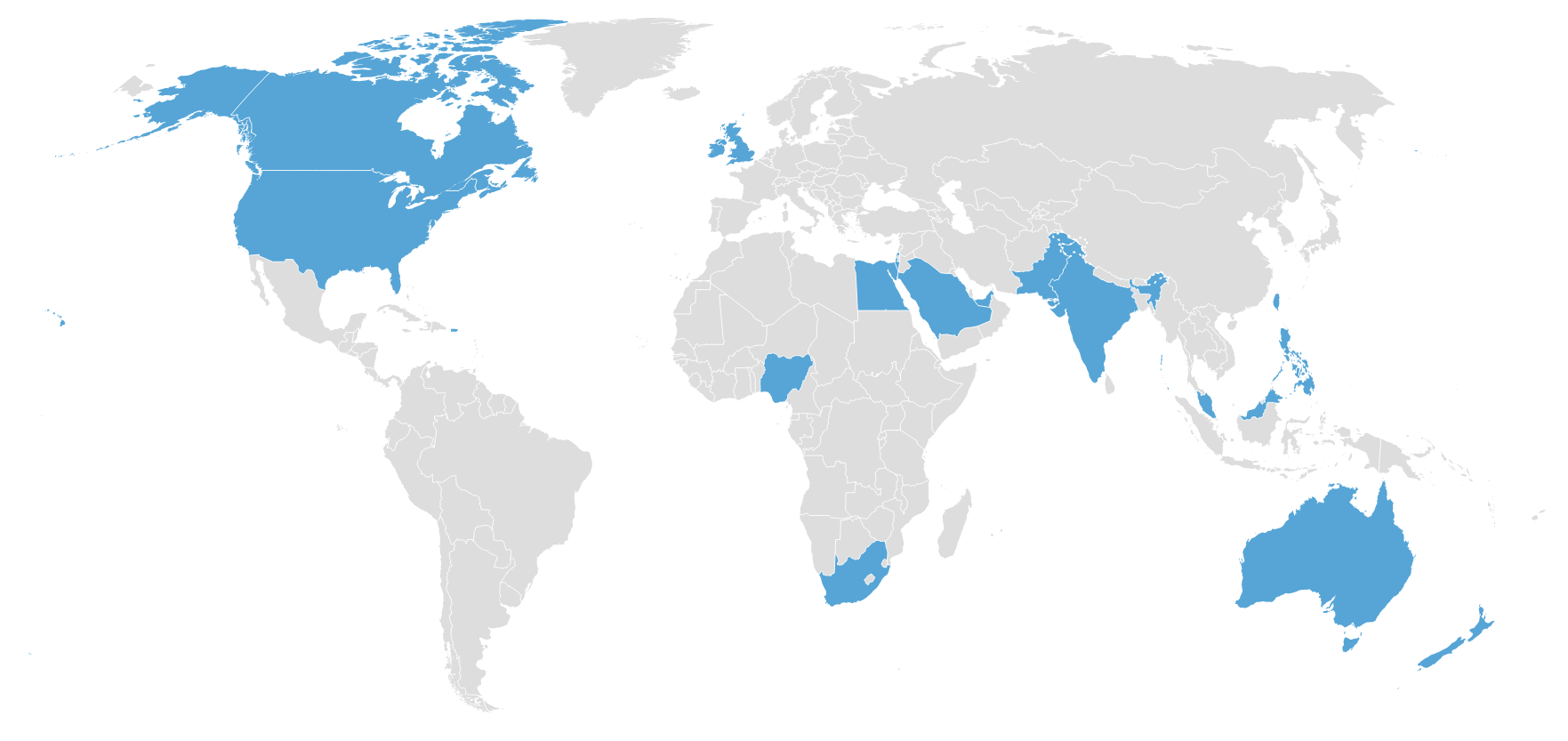Chmura is excited to announce a significant expansion to JobsEQ's Real-Time Intelligence (RTI) dataset—introducing JobsEQ RTI Global Data. This addition brings in historical international job posting data from August 2021 onward, adding nearly 90 million new job postings across 17 countries and over one million employers.
How JobsEQ RTI Global Data works
JobsEQ sorts ads by job titles, employers, and required skills. Users can search for job ads internationally through TalentWatch and RTI analytics. With access to historical global data, users can look at trends and compare job markets in different places, helping them plan workforces and find talent more effectively. This update, though potentially beneficial for all users, will be especially helpful for users in corporate sectors and those in talent acquisition.
The Global Data release uses AI-powered classifications to offer information on average job duration and mapping tools, providing better visualization for querants in JobsEQ. The global dataset is, like all RTI, updated every 24 hours. Global Data will continue to allow users to hone searches to sub-county level, block level, city level, 8-digit O*Net, and 6-digit SOC codes.

Insights from JobsEQ RTI Global Data
Language skills by country
Across the United States, Spanish is the most requested language skill. Globally, English dominates as the most requested language in almost every country, ranking within the top five most requested skills in all but a few nations (USA, India, Australia, and New Zealand).
Top technical skills
Microsoft Office and Excel are by far the most frequently requested skills, appearing in more than twice as many postings as Agile, the third most common skill. The big exception is in Israel, where Python takes the top spot, with Microsoft Office and Excel not even making the top five.
Global full-time vs part-time work trends
The U.S. and Canada have the lowest percentage of full-time job postings, with around 75-77% of jobs listed as full-time. On the other hand, India and Taiwan show 95% of job postings listed as full-time, reflecting a significant preference for full-time roles in these markets.
Remote work trends around the world
Ireland, Canada, and Nigeria have the most remote job opportunities, each with over 16% of job postings offering remote work opportunities. Remote work is less common in Malaysia, Taiwan, and Singapore, where only 4-6% of job postings are remote. The United States falls near the middle of the pack, with 12% of jobs listed as remote.
Takeaways for JobsEQ users
The addition of global data to JobsEQ opens up new avenues for analyzing labor trends and crafting strategies to stay competitive in a dynamic global market. Whether you're expanding your recruitment efforts internationally, tracking demand for specific skills across borders, or refining your workforce strategies, this dataset offers valuable insights to guide your decisions.
Countries included in the JobsEQ global dataset
| United Kingdom |
Malaysia |
| India |
Ireland |
| Canada |
United Arab Emirates |
| Australia |
New Zealand |
| Singapore |
Saudi Arabia |
| Philippines |
Israel |
| South Africa |
Pakistan |
| Egypt |
Nigeria |
| Taiwan |
|